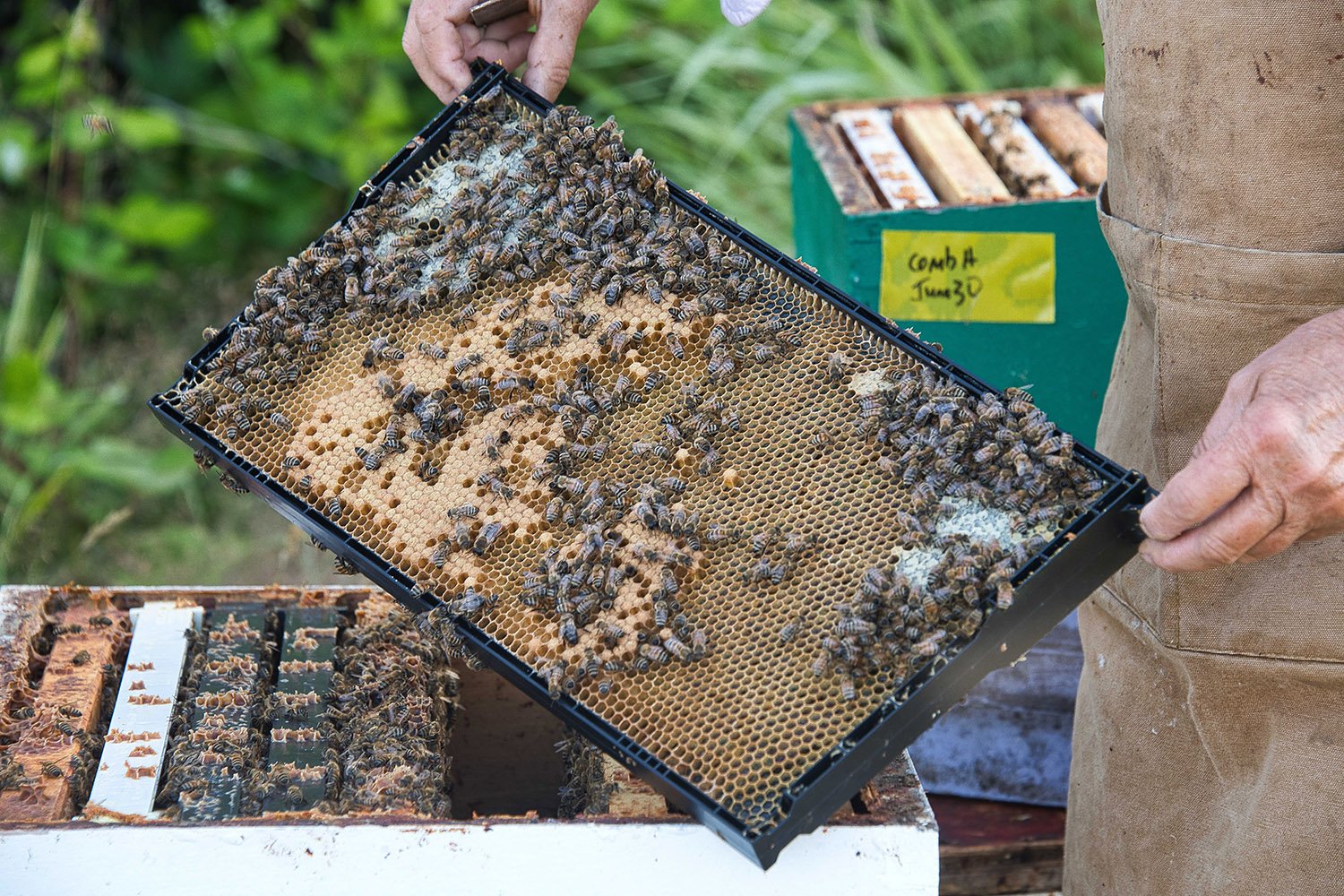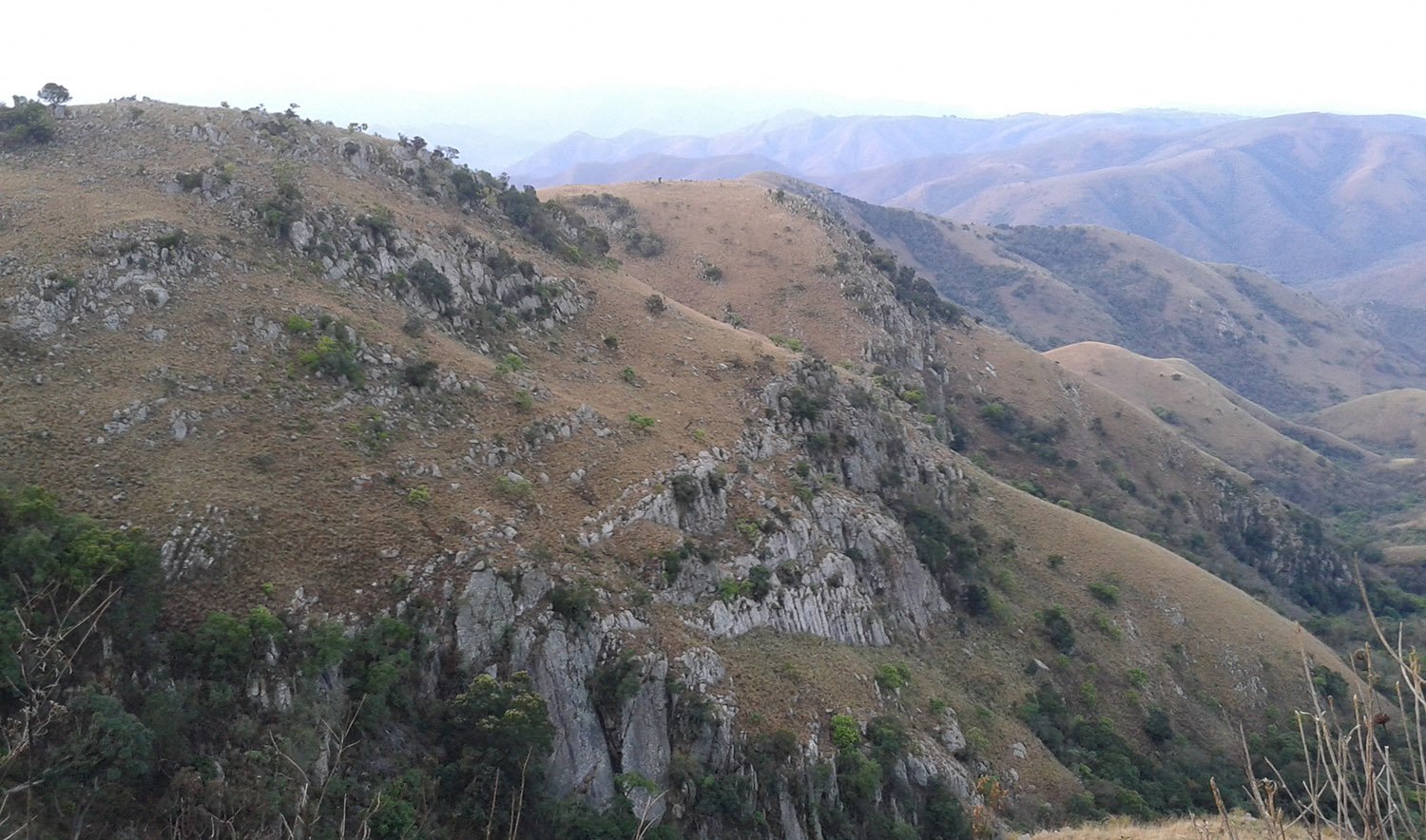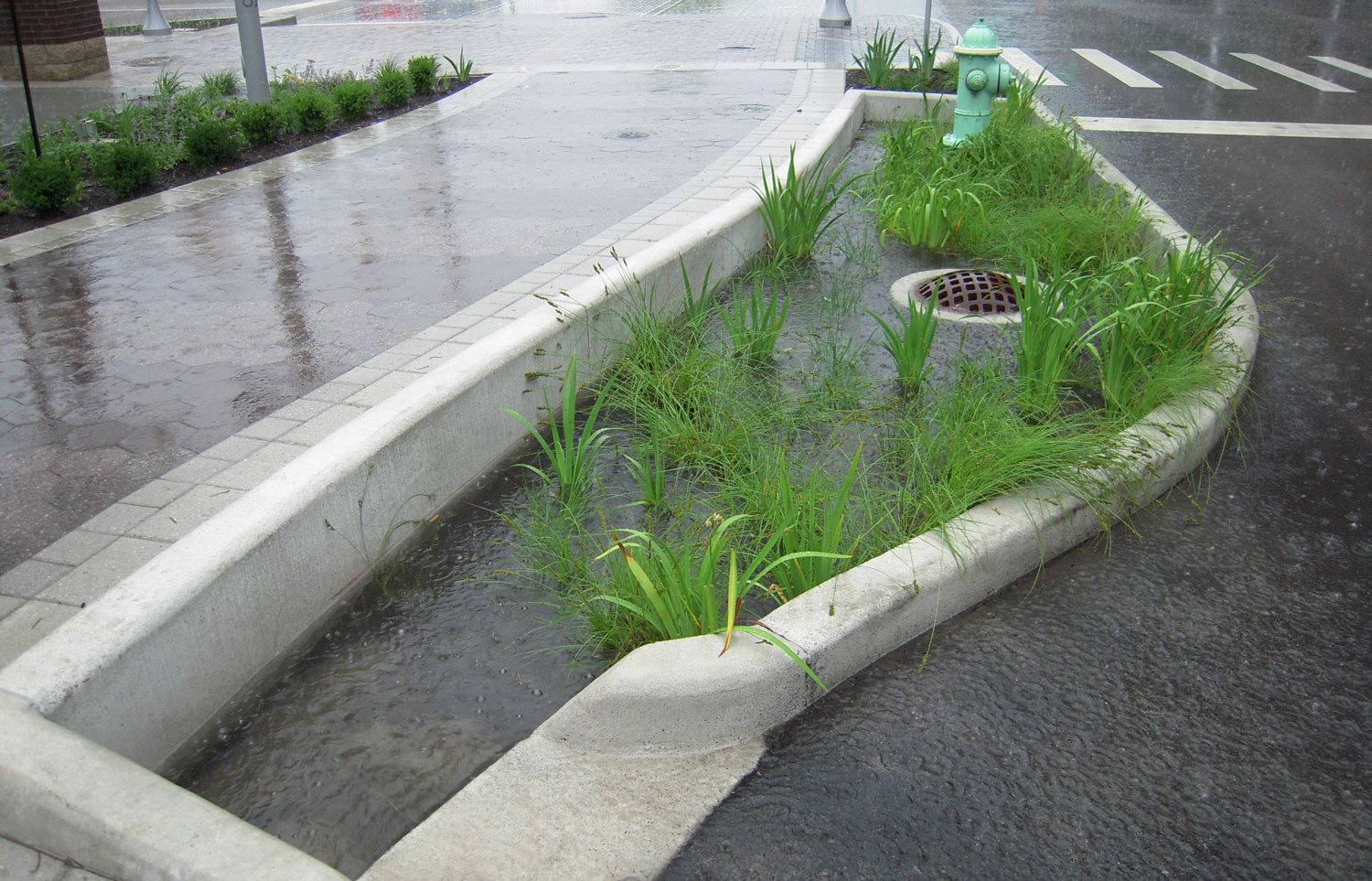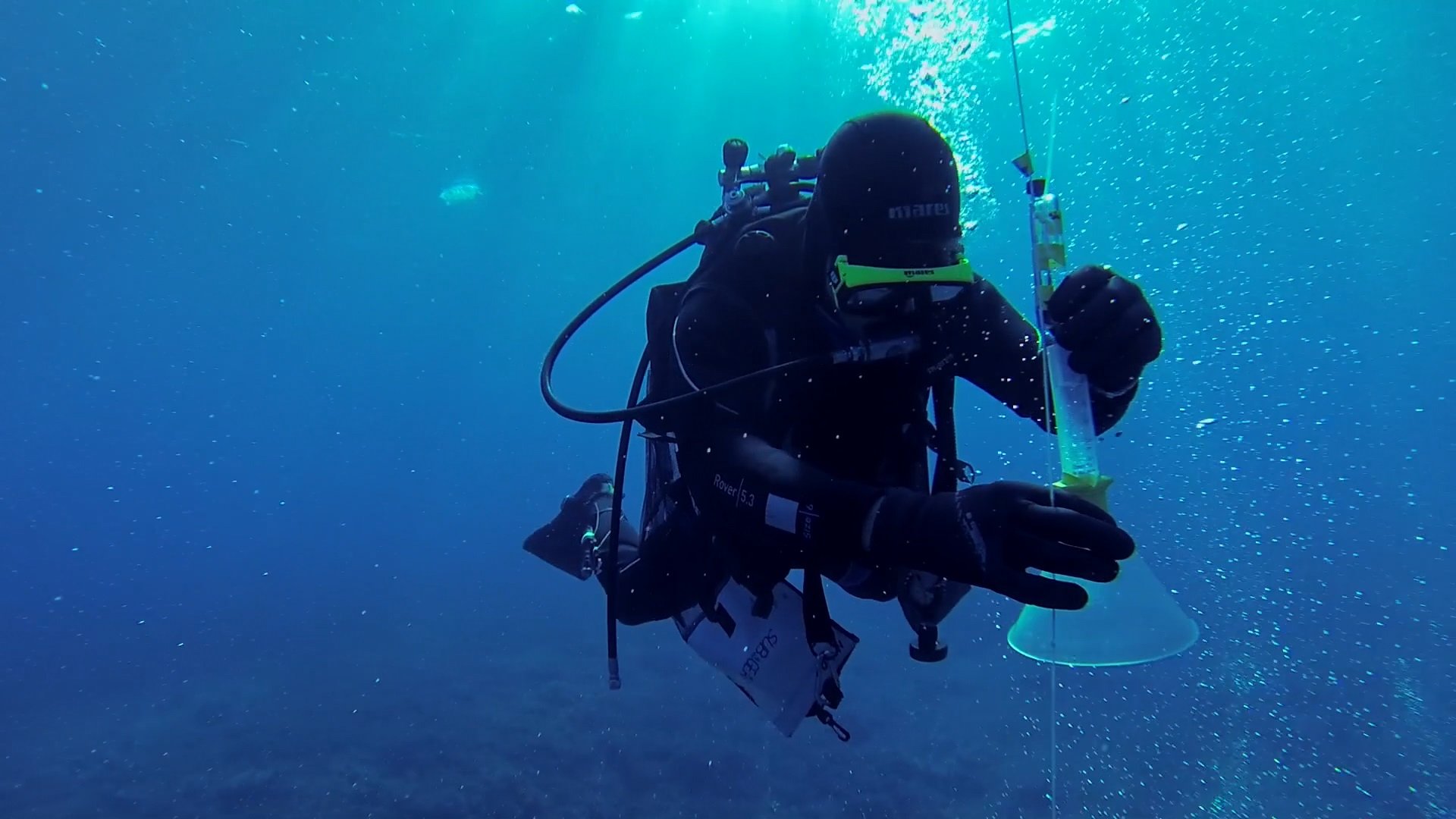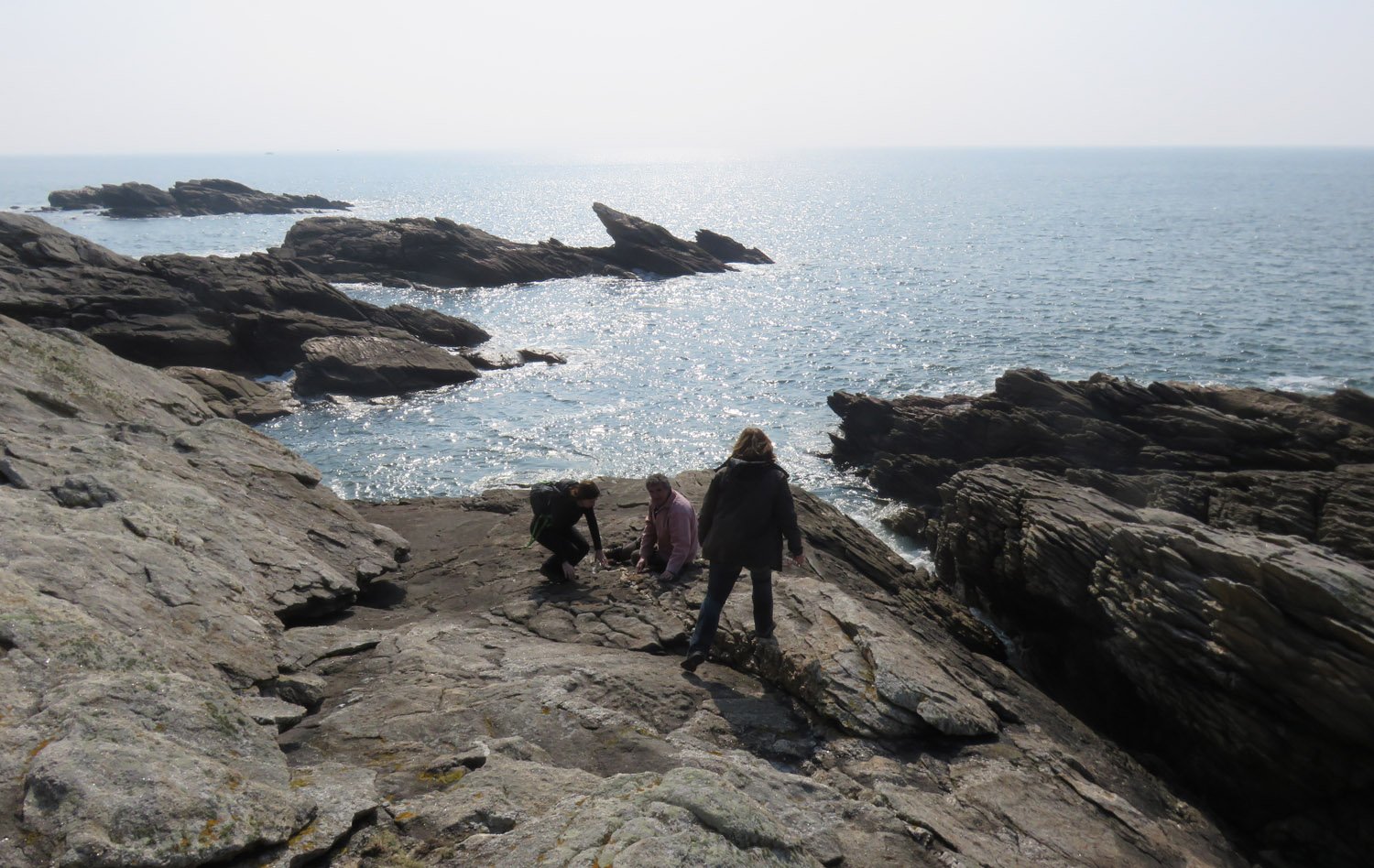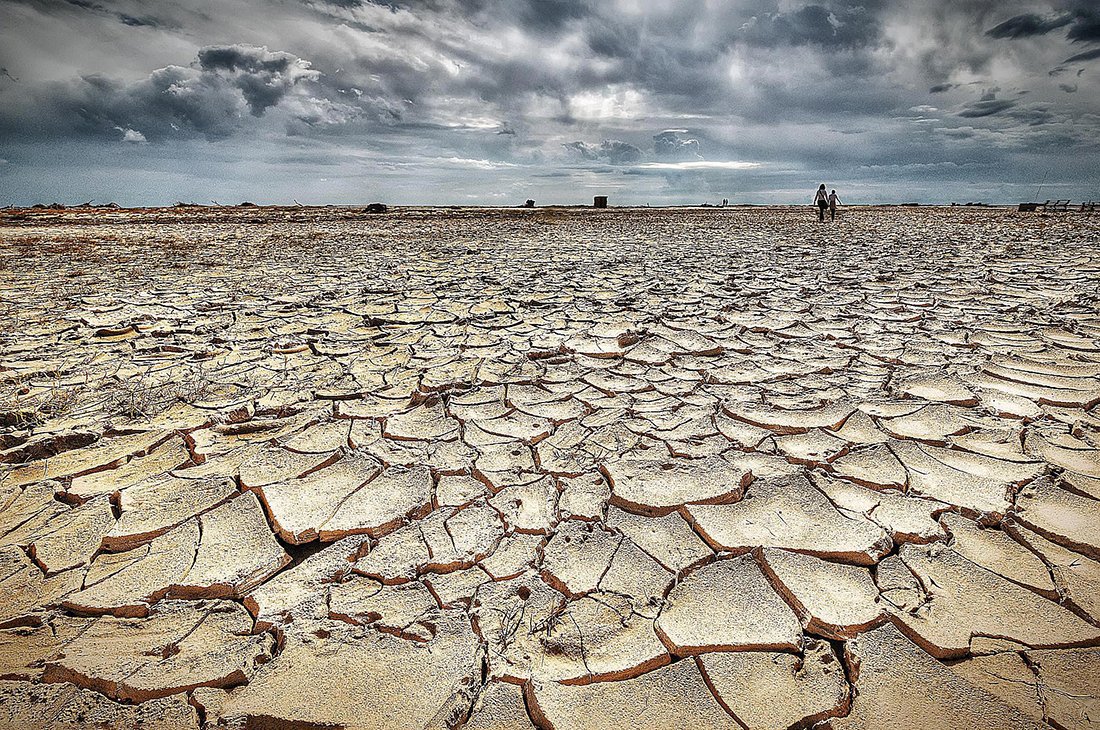Scientists use honey and wild salmon to trace industrial metals in the environment
Scientists have combined analyses from honey and salmon to show how lead from natural and industrial sources gets distributed throughout the environment. By analysing the relative presence of differing lead isotopes in honey and Pacific salmon, Vancouver-based scientists have been able to trace the sources of lead (and other metals) throughout the region. Scientists in … Read more
